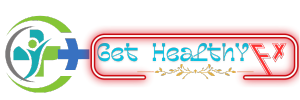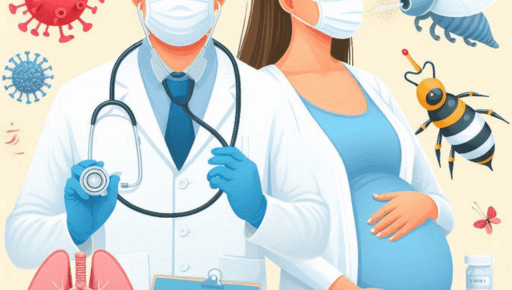Pregnancy can be a challenging time for those with allergies. The body undergoes many changes, and managing allergies becomes even more essential. Common symptoms, like sneezing or itching, can become more intense. This is where guidance from an allergist can make a difference. Allergies can lead to complications, including sinus infection west los angeles, so it’s vital to manage them effectively. In this guide, we’ll share practical tips to help navigate allergy management during pregnancy.
Understanding Allergies in Pregnancy
During pregnancy, the immune system adapts to support the growing baby, but this can also affect allergy symptoms. Some people find their allergies worsen, while others experience relief. These changes can be unpredictable, making it crucial to stay vigilant and informed. Consulting with an allergist helps in crafting a tailored plan that considers both the mother’s and the baby’s well-being.
Safe Medication Options
Medication safety is a top concern during pregnancy. Many allergy medications are considered safe, but it’s essential to consult with a healthcare provider. Below is a comparison table of common allergy medications and their pregnancy safety categories based on FDA guidelines:
| Medication | Category | Comments |
| Chlorpheniramine | B | Considered safe, especially in the first trimester |
| Loratadine | B | Safe for use in pregnancy |
| Cetirizine | B | Generally safe but consult your doctor |
For more detailed information about safe medication use during pregnancy, visit the FDA website.
Environmental Control
Reducing exposure to allergens is a straightforward way to manage symptoms. Here are three effective strategies:
- Keep indoor air clean: Use air purifiers with HEPA filters to capture pollen, dust, and other allergens.
- Limit outdoor activities: Stay indoors when pollen counts are high. You can check daily pollen levels on websites like EPA.
- Maintain a clean home environment: Regularly vacuum carpets and clean bedding to minimize dust and mold.
Dietary Considerations
Food allergies can also be a concern during pregnancy. It’s essential to monitor dietary intake and avoid known allergens. Here are some tips:
- Read food labels: Always check labels for potential allergens, especially if new products are introduced.
- Consult with a nutritionist: A registered dietitian can provide personalized advice to ensure nutritional needs are met while avoiding allergens.
- Be cautious when dining out: Inform restaurant staff about allergies and inquire about food preparation methods.
Natural Remedies
Some people prefer natural remedies to manage mild allergy symptoms. While not a replacement for medical treatment, these can offer relief:
- Saline nasal rinses: Help clear nasal passages and reduce congestion.
- Steam inhalation: Soothes irritated sinuses and can be calming.
- Humidifiers: Add moisture to the air, making breathing more comfortable.
Conclusion
Managing allergies during pregnancy requires careful attention and planning. By working with an allergist, choosing safe medications, and making lifestyle adjustments, it is possible to control symptoms effectively. Always prioritize the health of both mother and baby by consulting healthcare professionals before making any changes. This approach ensures a healthier pregnancy experience and reduces the risk of complications like sinus infections.

